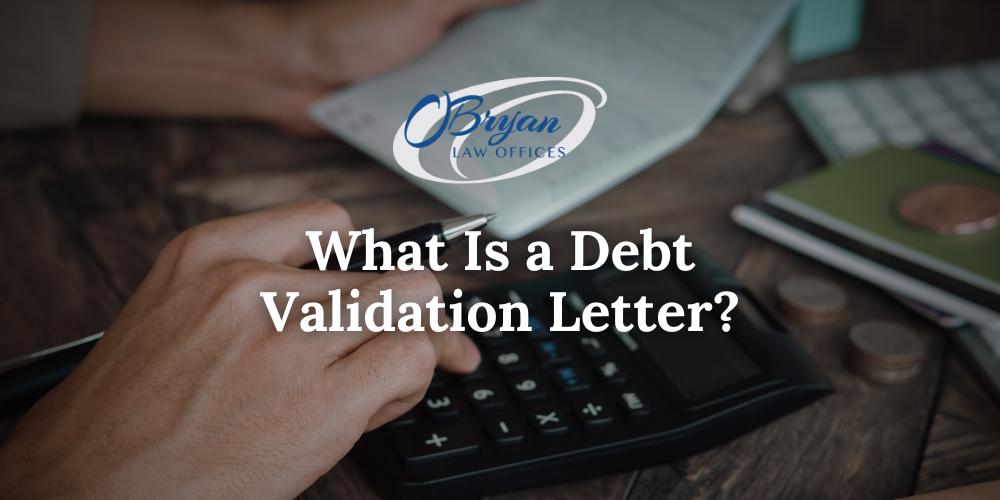It’s no secret that debt collection agencies use many tactics to make a profit, some of which are less-than-honest. One of the ways they do this is by making collection efforts towards a debt that they cannot actually collect on, like expired debt or debt a person does not owe.
Debt collectors will inform consumers of a supposed debt by sending them a debt validation letter, outlining the consumer’s debt and what they can do about it. However, these validation letters may contain inaccurate information or may even be fraudulent. If they aren’t examined closely, they could scare consumers into paying a debt they do not owe.
Knowing what a debt validation letter is, as well as what it contains and when they are sent, can be crucial in avoiding scams and losing money you don’t owe. If a debt collector sends you a debt validation letter or calls you about a debt you were unaware of, the Kentucky debt settlement attorneys at O’Bryan Law Offices can help.
We can help verify that the debt is valid and can even help you take action against the debt collectors if they harass you over debt that isn’t yours. Call us at 502-339-0222 to schedule a free initial consultation with a member of our legal team.
What Is a Debt Validation Letter?

A debt validation letter is a written notice that a debt collector would send to someone in debt, informing them of any unpaid debt. When a creditor hands over a debt to a debt collection agency, the debt collector is legally obligated to inform the debtor about the debt they are about to begin collection efforts.
Debt Validation Letter vs. Debt Verification Letter
While these two letters are oftentimes mixed up, debt validation letters are different from debt verification letters, with the primary difference being the sender and recipient. A debt validation letter is sent by a debt collector to a consumer, but a debt verification letter is sent by a consumer to a debt collector.
To ensure that a debt belongs to them, consumers will send a verification letter to the collection agency, basically double-checking to ensure that the debt is truly theirs. Consumers may also send a debt verification letter to their debt collector if there are issues with the information in the original validation letter. Debt verification letters help reduce errors in billing and collections, ensuring that the debt agency only collects on valid debts.
What Does a Debt Validation Letter Look Like?
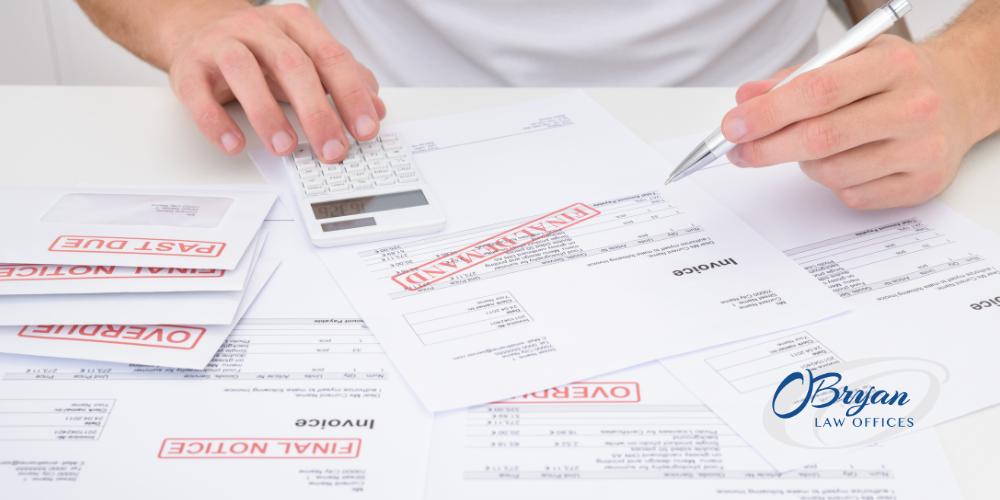
The Consumer Financial Protection Bureau (CFPB) has a sample debt validation letter available on its website, which can provide a better understanding of what debt validation letters look like. While not every validation letter will look exactly like this sample letter, if you receive a so-called “verification letter” from a debt collector that does not provide the same or similar information, it may be a scam.
What Does a Debt Validation Letter Include?
A debt validation letter will almost always include:
- The amount owed on the debt
- The name of the current creditor
- A statement about your right to dispute the debt amount or the debt itself
- A statement about requesting information about the original creditor
It’s important to note that your current creditor may not be the original creditor on the debt, so if you do not recognize the creditor on the debt, you should request information about the original creditor. This can include information like the original creditor’s name and address, allowing you to verify whether or not the debt is yours.
In the statement regarding your right to dispute the debt, it will often tell you that you have 30 days from the date you received the letter to file the dispute, or it will be “assumed valid.” This means that if the debt is not disputed, the debt collector can begin to collect payment towards it, even if you do not actually owe the debt they claim you do.
The validation may also have additional information, such as the date the validation letter was sent, the debt account number, the debt collector’s name and address, and information about the debt. This can include accumulated interest, previous payments, and any fees or charges associated with a given debt.
Why Are Debt Validation Letters Necessary?

Debt validation letters can be incredibly helpful, but more than that, they are actually mandated by law. The Fair Debt Collection Practices Act (FDCPA) works to decrease fraudulent collection practices by ensuring consumers are informed of any collection efforts made against them.
According to the Federal Trade Commission, debt collectors generate more fraud reports than any other profession. That’s why the FDCPA requires them to go through several steps before making collections on any debt.
Debt collectors are required by law to send debtors a validation notice as their first communication with the debtor, or within 5 days of initially contacting the debtor regarding the debt.
This means that if you suddenly receive collection calls or visits from debt collectors, they have five days to provide you with a validation letter outlining the debt and the other required information.
This form of written communication can help ensure that you only make payments towards valid debts, ensuring clerical errors or billing mistakes don’t cause you to pay more than you owe or pay debts that don’t belong to you.
However, even if the debt collector believes it is not yours, they may make collections on it regardless, hoping that you won’t send a debt verification letter or dispute within the 30-day time frame. That way, they can avoid legal recourse while also profiting from fraud.
These letters are also helpful for forgotten debt, sometimes called “zombie debt.” Debt collection agencies can buy debt from creditors and begin making collections on them, even years after you thought you paid them off. A debt validation letter can ensure you know why you are receiving collection calls so that you can pay off the debt and avoid damaging your credit score.
How to Request a Debt Validation Letter
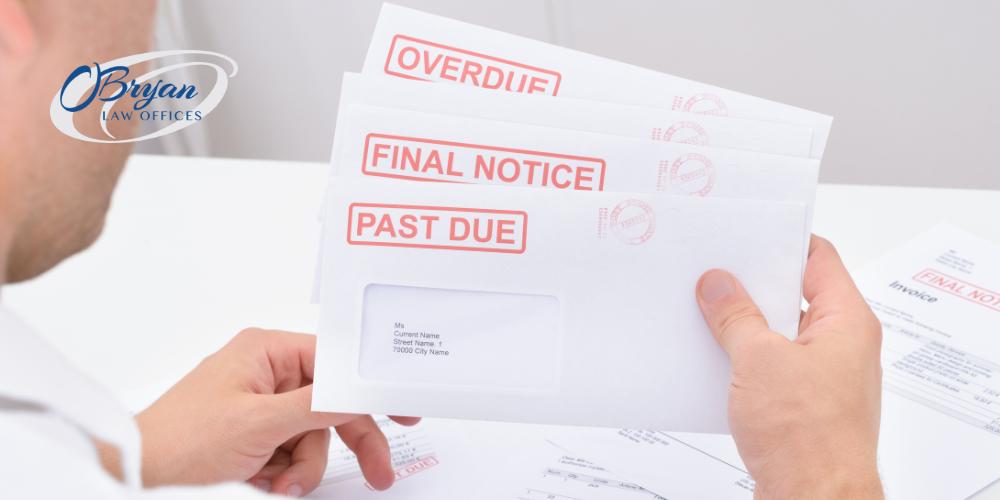
Suppose a collection agency begins contacting you, and they do not send you a debt validation letter within five days of their initial communication. In that case, you can–and should–request a validation letter yourself. All you’ll need to do is send a request for validation to the debt collector’s mailing address.
One of the best ways to ensure your request is received is by sending it through certified mail, which requires a delivery signature. While post office workers will sometimes deliver these letters without a signature, it will, at the very least, provide you with a receipt regarding the shipping information and certified mail number, making it easy to track.
What to Include in Your Request
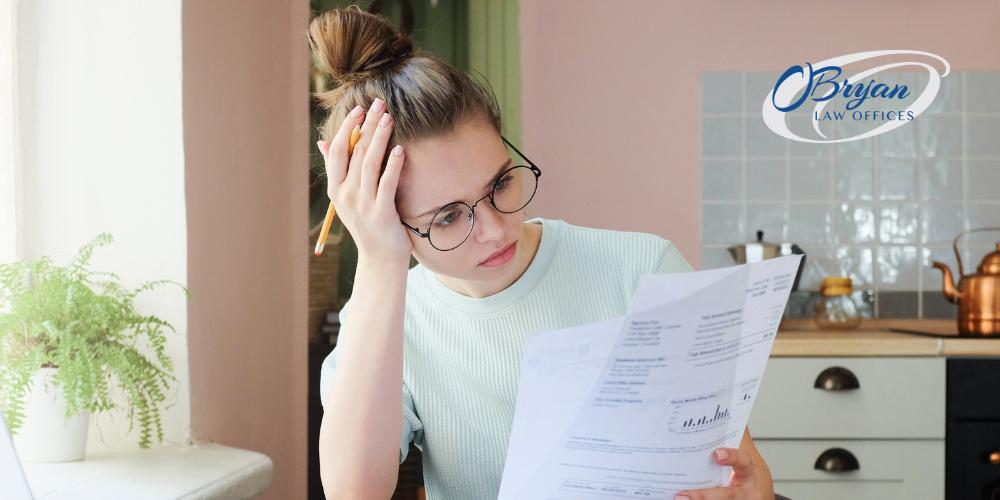
When writing a debt validation request, it’s very important not to acknowledge the debt as belonging to you. This could validate the debt and allow the debt collector to begin making collections on the debt legally.
Firstly, you should include information about the initial communication, like the form of communication and the date the communication occurred. For example, state your request regarding the “phone call made on September 25th to [insert phone number]” if they initially called you about the debt. Also, include the debt account number.
You should request information regarding the debt amount, the original creditor on the debt, and verification on whether or not the debt is valid. You can also ask for details about the debt, including the most recent billing statement available regarding the debt.
Another thing to request is information regarding the statute of limitations on the debt. After a certain amount of time, a debt can become uncollectible. This is known as the statute of limitations, and if collection attempts aren’t made within this time, the debt can expire.
Ask about how the statute of limitations was determined or established, ensuring that they are not trying to extend the deadline and collect on expired debt fraudulently.
How Long Do Debt Collectors and Creditors Have to Respond to a Debt Validation Request?
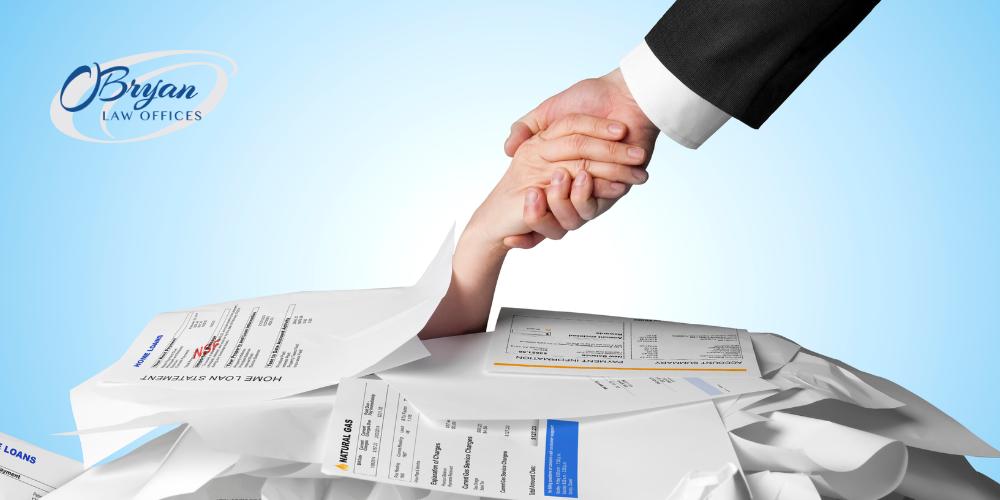
Under federal law, a debt collection agency can respond to your debt validation request whenever they want. There’s no time limit in which a debt collector must respond to your debt validation request.
However, if you receive confirmation that the debt collector received your validation request, and the debt collector continues to contact you, you can–and should–dispute the debt.
What If the Debt Collector Fails to Validate the Debt?
If your debt collector fails to validate your debt, you should send a debt verification letter to the agency within the first 30 days of their first contact with you. Remember that a debt collector sends a validation letter, whereas a consumer sends a debt verification request.
After receiving a debt verification letter, the debt collector must either verify the debt or cease collections. If they continue to make collection attempts, you can report them to the Consumer Financial Protection Bureau through their website.
Additionally, they cannot report any unverified debt to your credit reporting agency. If they report the unverified debt, it can negatively affect your credit score and can stay on your credit report for years. If this happens to you, contact your credit bureau when you notice the mistake.
What’s Next If the Creditor Validates the Debt?
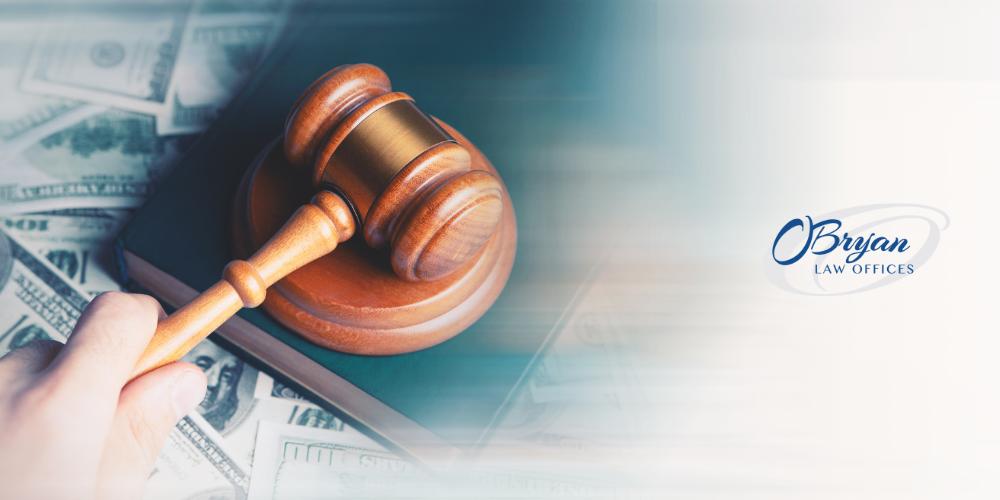
If they send you a debt validation letter, you can still send your own debt verification letter to ensure it truly is yours. If they can verify the debt as yours, then you are legally obligated to pay the debt.
Depending on your financial situation and the amount due, there are many ways you can handle the debt, even if you have no money and bad credit. Some of these options include things like debt restructuring, debt consolidation, or even bankruptcy.
Contact the Louisville Bankruptcy Lawyers at O’Bryan Law Offices Today
Debt collectors can be incredibly predatory, exploiting consumers for the sake of profit. Debt validation letters, however, can help cut down on fraudulent acts and ensure consumers are protected from these predatory debt collectors.
If you have received a debt verification letter in the mail, or a debt collector has contacted you, and you are not certain if the debt is truly yours, your best bet is to speak to a professional. Our attorneys at O’Bryan Law Offices can not only ensure that the debt validation letter is valid, but we can also help you draft a debt verification letter regarding the debt.
Our professional team is dedicated to providing clients with the resources they need for a debt-free future. Call us at 502-339-0222 or contact us online and schedule a free consultation to learn more about what we can do for you.


